SEED FUNDING JOINT PROGRAMMES
Egypt
Strengthening Sustainable and Resilient Food and Nutrition Systems in Egypt for SDG Acceleration




PROJECT TITLE | Strengthening Sustainable and Resilient Food and Nutrition Systems in Egypt for SDG Acceleration |
| Context | Egypt engaged actively in the 2021 Food Systems Summit process, convening a national dialogue and developing national pathways with recommended interventions for improving food security and nutrition by 2030. To enhance multi-sectorial coordination and spearhead the transformation process, the Government created a National Committee for Food and Nutrition Systems chaired by the Prime Minister and bringing together several ministries to coordinate joint actions. Strengthening coordination mechanisms, fostering multi-stakeholder partnerships, consolidating accountability structures, focusing on the availability of evidence, analysis, and data, are identified as key priorities to strengthen the food systems governance structure in Egypt. |
| PUNOs | WFP, FAO, UNICEF |
| Contribution to SDGs | SDG 2 Zero Hunger, SDG 3 Good Health and Well-being, 12 Responsible Consumption and Production. |
| Contribution to other SDG transitions | Climate, biodiversity, pollution |
| Duration | June 2024 – May 2025 |
| Expected financial leverage | $87,000 (PUNO co-financing) |
| Alignment with SG Call to Action | Policy integration; Food systems governance; Research, data, technology and innovation; Inclusive and participatory design; Private sector engagement |
| Outcomes | The JP contributes to strengthening policy and governance frameworks for food systems transformation and generating evidence and analysis on key dimensions of food systems to inform decision-making, supporting the work of the National Committee for Food and Nutrition Systems. The JP complements the government’s flagship program “Country Platform for the Nexus of Water, Food and Energy”, which provides a mechanism to mobilize climate finance and private investments. |
| Partners |
|
| Outputs |
|
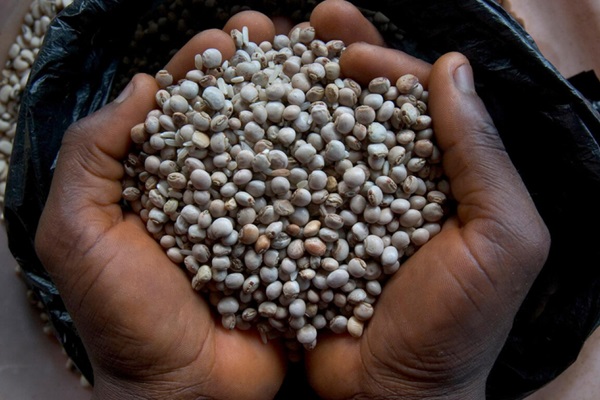
Webinar Dietary guidelines: The next generation takes on sustainability
10/12/2024
The webinar, co-organized by the HDSFS and the SUN Movement Secretariat, emphasized a shift towards food systems-based dietary guidelines with sustainability focus.

BPDA Platform and Aliénor Consulting hosted the webinar Agricultural Credit Guarantee Mechanisms
10/12/2024
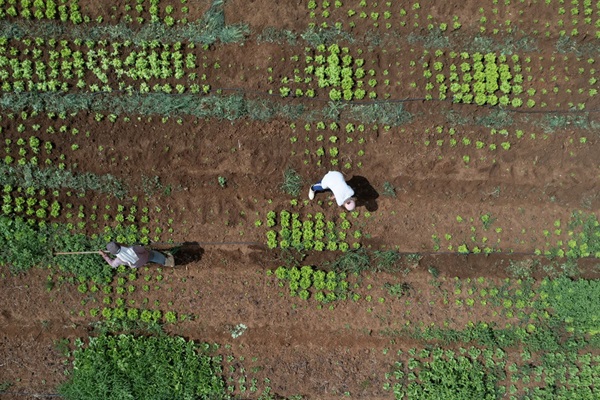
New mapping tool launched by the IFAD-hosted Agri-PBD Platform
10/12/2024
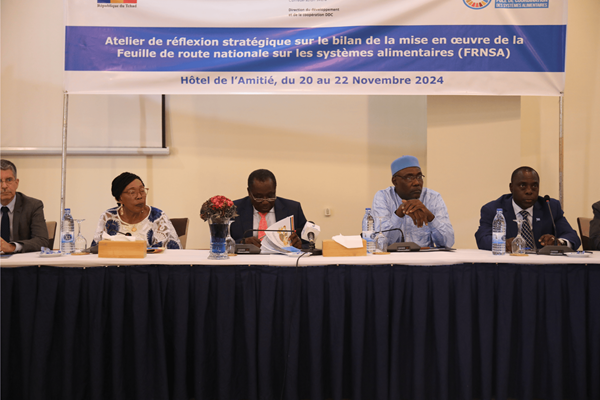
Strategic reflection workshop on the implementation of Chad's national food systems transformation pathway
02/12/2024

The Agroecology Coalition is at COP16 on desertification
02/12/2024
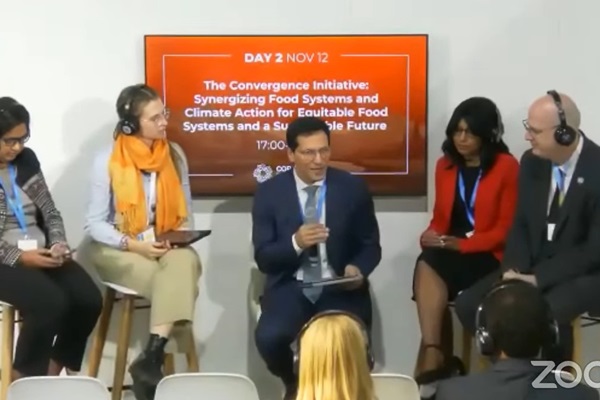
Converging food systems and climate action: Insights from COP29
29/11/2024
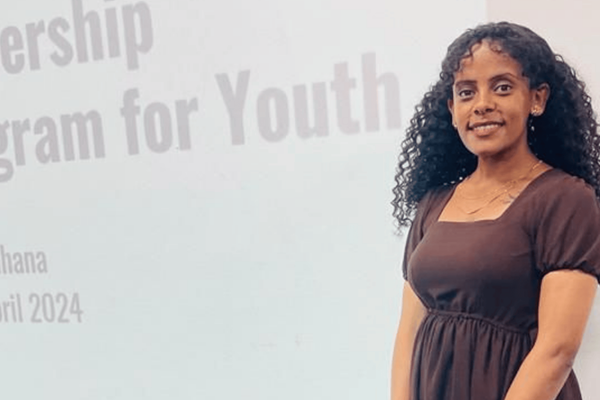
A leaf with a legacy: How Dina Kassa Kebede is revitalizing a forgotten plant for sustainable nutrition
28/11/2024
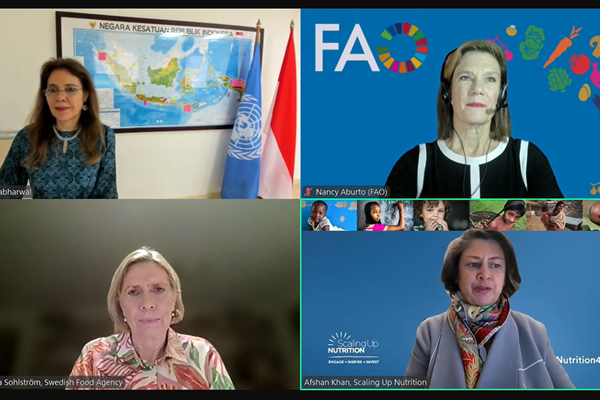
COP29: Bridging food systems, nutrition, and climate action
27/11/2024
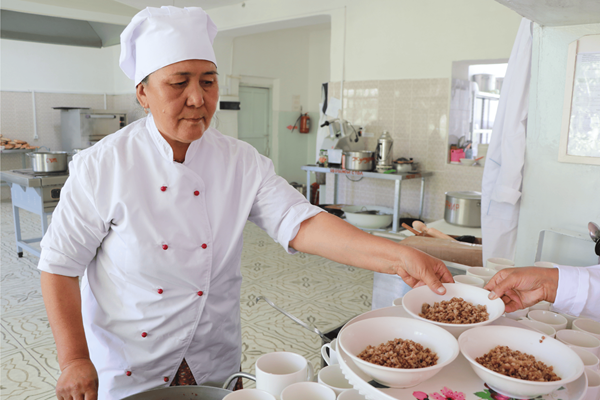
From farms to classrooms: How public-private partnerships are transforming food systems in the Kyrgyz Republic
26/11/2024

IFAD, World Bank and GAIN scale up efforts to bolster transparency in food systems financing
21/11/2024
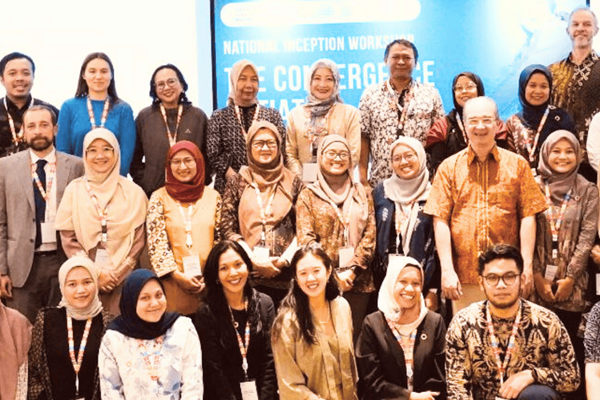
Indonesia launches the Convergence Initiative in Asia-Pacific
18/11/2024
Indonesia becomes the first Asia-Pacific country to operationalize the Convergence Initiative, hosting a collaborative workshop to align food systems transformation with climate action goals through the development of a Convergence Action Blueprint.

New technologies catalog for sustainable food systems in the Asia-Monsoon region
18/11/2024

New technologies catalog for sustainable food systems in the Asia-Monsoon region
18/11/2024
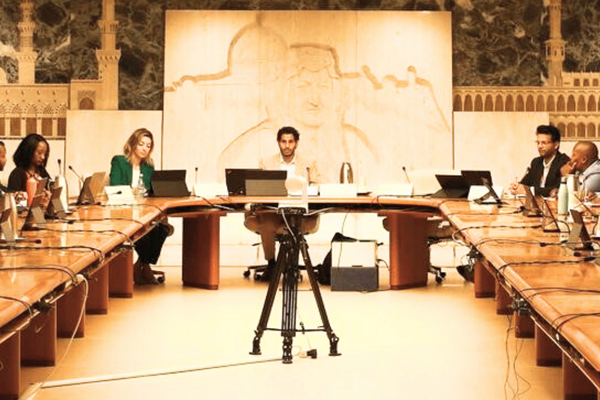
Insights from the UN World Food Forum Side Event: Leveraging international processes for youth empowerment
15/11/2024
TMG Research, with support from the German Federal Ministry for Economic Cooperation and Development (BMZ), hosted a side event at the World Food Forum to examine the critical role of youth in global food systems discussions, challenging tokenistic youth engagement. The event highlighted the Hub's Youth Leadership Programme (YLP), which equips young people to engage meaningfully with national governments on food systems transformation, empowering them to drive impactful change from both top-down and bottom-up approaches.
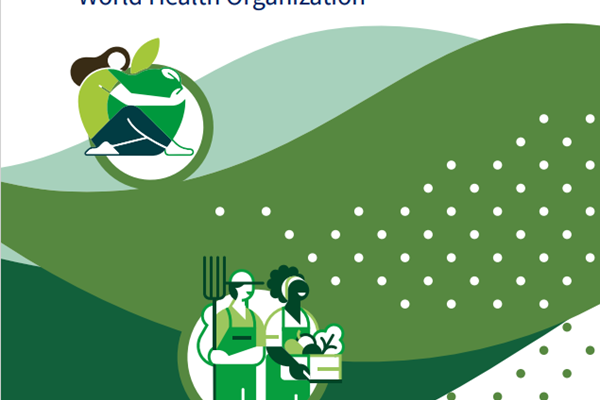
What are healthy diets? Joint statement by the Food and Agriculture Organization of the United Nations and the World Health Organization.
11/11/2024
In this document the Food and Agriculture Organization of the United Nations (FAO) and the World Health Organization (WHO) have formulated principles of what constitute healthy diets, underpinned by guidelines and other normative elements developed by the two Organizations. The principles provide the basis for the design of policies aimed at improving diet and for the assessment of the healthiness of diets.
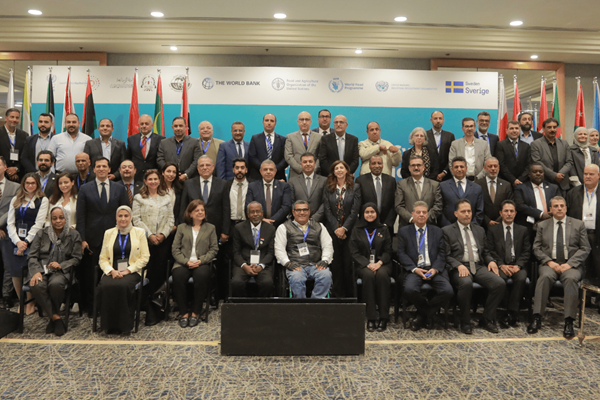
Arab ministers welcome the Convergence Initiative in Amman Declaration
05/11/2024
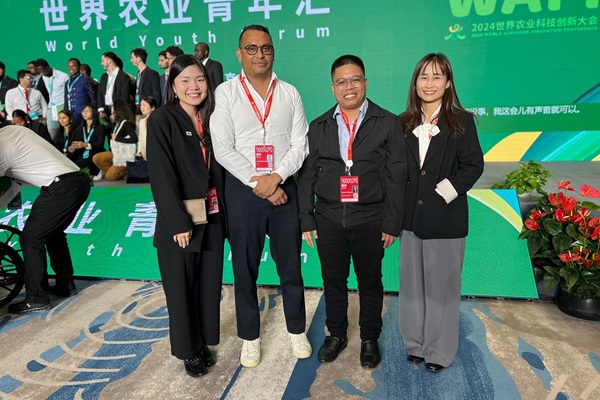
Youth take the stage at WAFI 2024
04/11/2024
At WAFI 2024, alumni from the Hub’s Youth Leadership Programme shared powerful stories and bold ideas, underscoring the essential role of youth in driving food systems transformation to tackle climate and sustainability challenges.
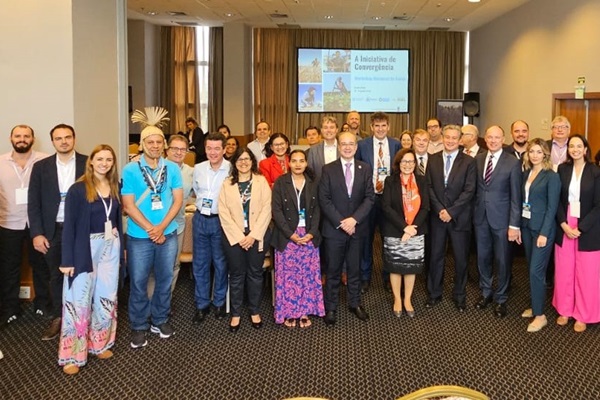
Workshop in Brasilia addresses food systems and climate change
01/11/2024
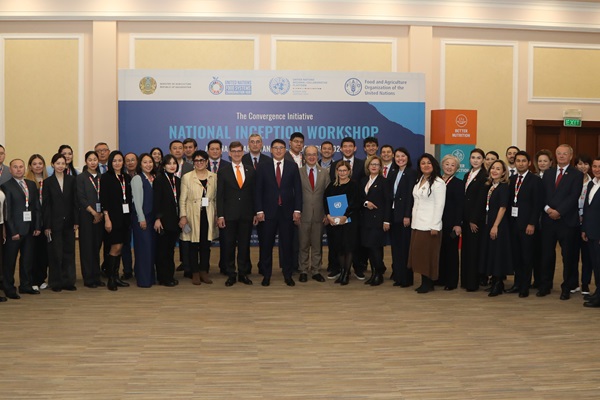
Kazakhstan leads as first pilot country for the Convergence Initiative
28/10/2024

